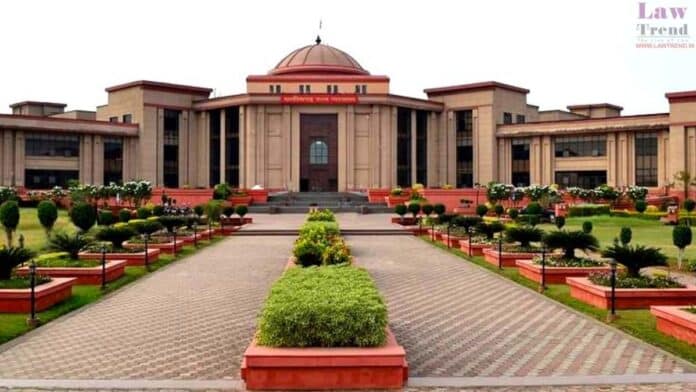The Chhattisgarh High Court has dismissed the appeals of four men convicted for the abduction and gang rape of a minor in 2019, reiterating that “rape degrades the very soul of the victim.” In a detailed judgment, the court upheld the sentences handed down by the trial court under the Indian Penal Code (IPC) and
To Read More Please Subscribe to VIP Membership for Unlimited Access to All the Articles, Download Available Copies of Judgments/Order, Acess to Central/State Bare Acts, Advertisement Free Content, Access to More than 4000 Legal Drafts( Readymade Editable Formats of Suits, Petitions, Writs, Legal Notices, Divorce Petitions, 138 Notices, Bail Applications etc.) in Hindi and English.




